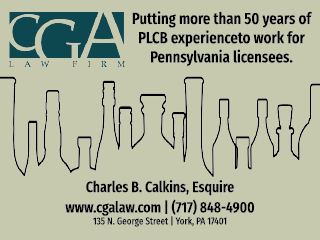
Bart Everson CC BY (https;//creativecommons.org/licenses/by/2.0)
By now, most people are familiar with GEICO commercials that say “15 minutes could save you 15 percent or more on car insurance.”
But is it true? Can a person save money on car insurance by essentially shopping around, and can it be as high as 15 percent? According to a 2018 article in Forbes, there appears to be some truth in the statement. In an eight-state study conducted by the magazine, researchers dug into data and found supporting statistics based upon state medians. But, the article also mentioned that Geico is not always the cheapest.
None-the-less, depending upon who you are with, shopping around may be worth a driver’s time.
So, can a tavern owner apply this theory to business insurance including liquor liability? And should a tavern owner have business insurance?
According to the U.S. Small Business Administration, many small businesses often assume that by forming a Limited Liability Company (LLC), they’ll be afforded protection in the event of a lawsuit. However, while this structure can protect you from personal liability for business decisions or actions of the LLC – the liability protection is limited.
So, yes, it’s a good idea to be insured as a business.
And, can a tavern owner save money by shopping around?
“Absolutely,” says Chuck Moran, executive director at the Pennsylvania Licensed Beverage and Tavern Association. “We encourage our Members not to get too comfortable with their current insurance arrangements. It’s important to see how sharp their pencils are.”
He offers the following tips based upon conversations with Members, insurance companies, and brokers.
- Assess your risks. Work with a qualified insurance professional to perform a risk management assessment, providing a list of potential events that could lead to a loss, determine estimated costs of each, and how best to address each risk.
- Direct writer or broker? Either option is fine. Just be sure that you trust the person you are working with to ensure you are getting the best price and the right insurance for your business needs.
- If working with a broker, ask to see a few bids. Compare rates. Understand differences.
- Brokers work on commission, while direct writers may not. Don’t stick with an unsuitable agent because that’s who you always worked with or because you don’t want to hurt his or her feelings by switching. Get what you need.
- Discounts? Well, maybe … maybe not! That’s why you need to shop around. Sometimes packages that come with a “discount” are not the best priced option, and, possibly not the right insurance package. Discounts are marketing gimmicks that are not always in the best interest of the buyer.
- Costs and coverage vary between companies. Know what you are buying. Read everything.
- When you’re buying business insurance, talk to an industry specialist who understands common problems unique to the bar business. Often specialist can get you the best coverage and the best rates.
- Do an annual business check-up. Make it a part of your yearly routine. As your business changes, so will your insurance needs.
- Evaluate. Evaluate.
Moran adds that the Pennsylvania Licensed Beverage’s preferred insurer for liquor liability is Integrated Specialty Coverages, available through brokers statewide. “Of course, as an Association we want our Members to ask their brokers for a quote from ISC while they’re shopping around,” Moran says. “Taking an extra 15 minutes by getting that one extra quote might be worth your time!”




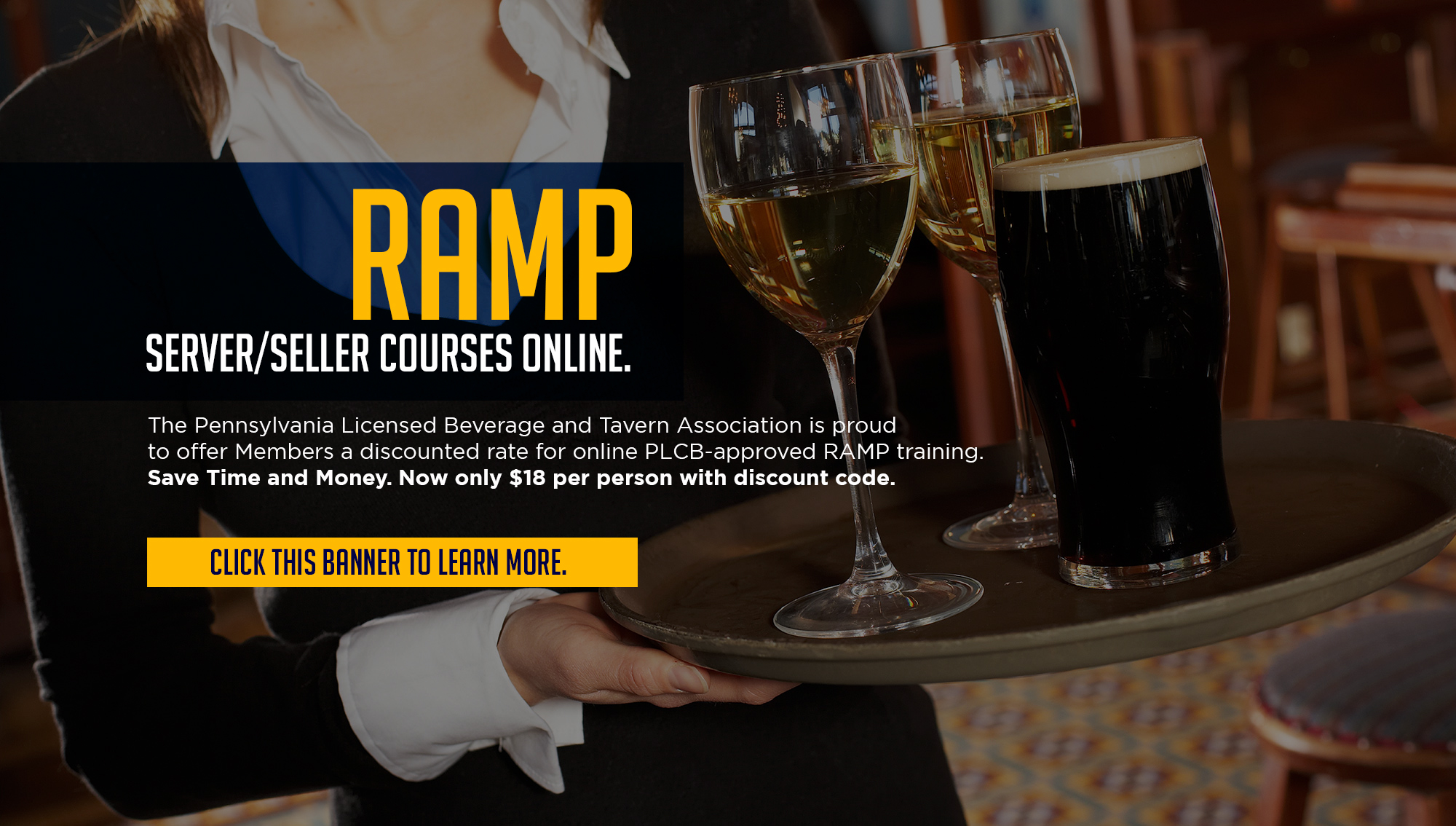
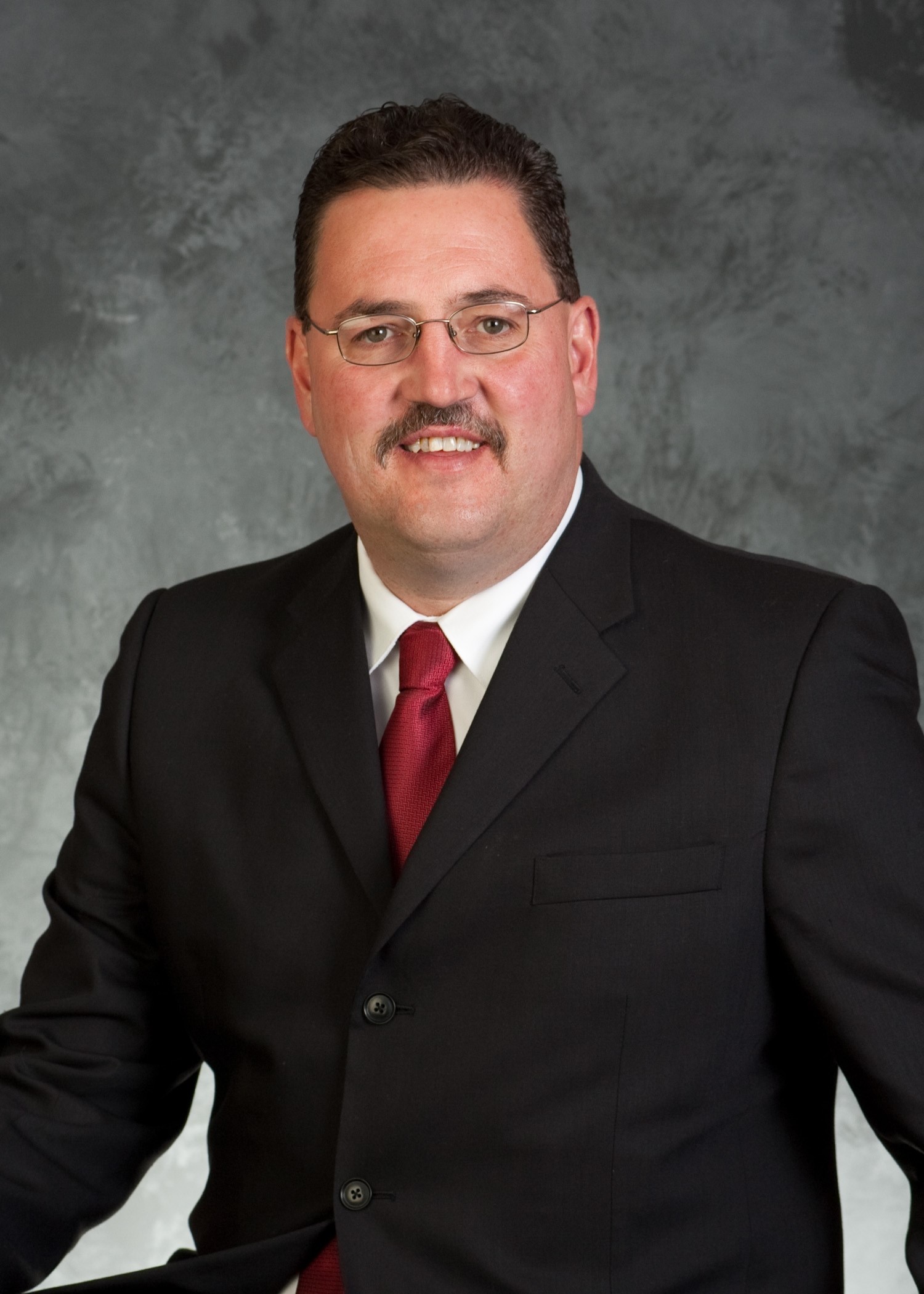 The Pennsylvania Licensed Beverage and Tavern Association sat down with Rep. Kurt Masser recently to learn more about him and his interest in politics. He is the only active tavern owner who sits in the Pennsylvania House of Representatives. In addition to owning Wayside Inn in Shamokin, he represents Montour County and parts of Northumberland and Columbia County in the state House. In recent months, Rep. Masser has been hosting a listening tour, travelling to different counties to meet with tavern owners about their concerns.
The Pennsylvania Licensed Beverage and Tavern Association sat down with Rep. Kurt Masser recently to learn more about him and his interest in politics. He is the only active tavern owner who sits in the Pennsylvania House of Representatives. In addition to owning Wayside Inn in Shamokin, he represents Montour County and parts of Northumberland and Columbia County in the state House. In recent months, Rep. Masser has been hosting a listening tour, travelling to different counties to meet with tavern owners about their concerns.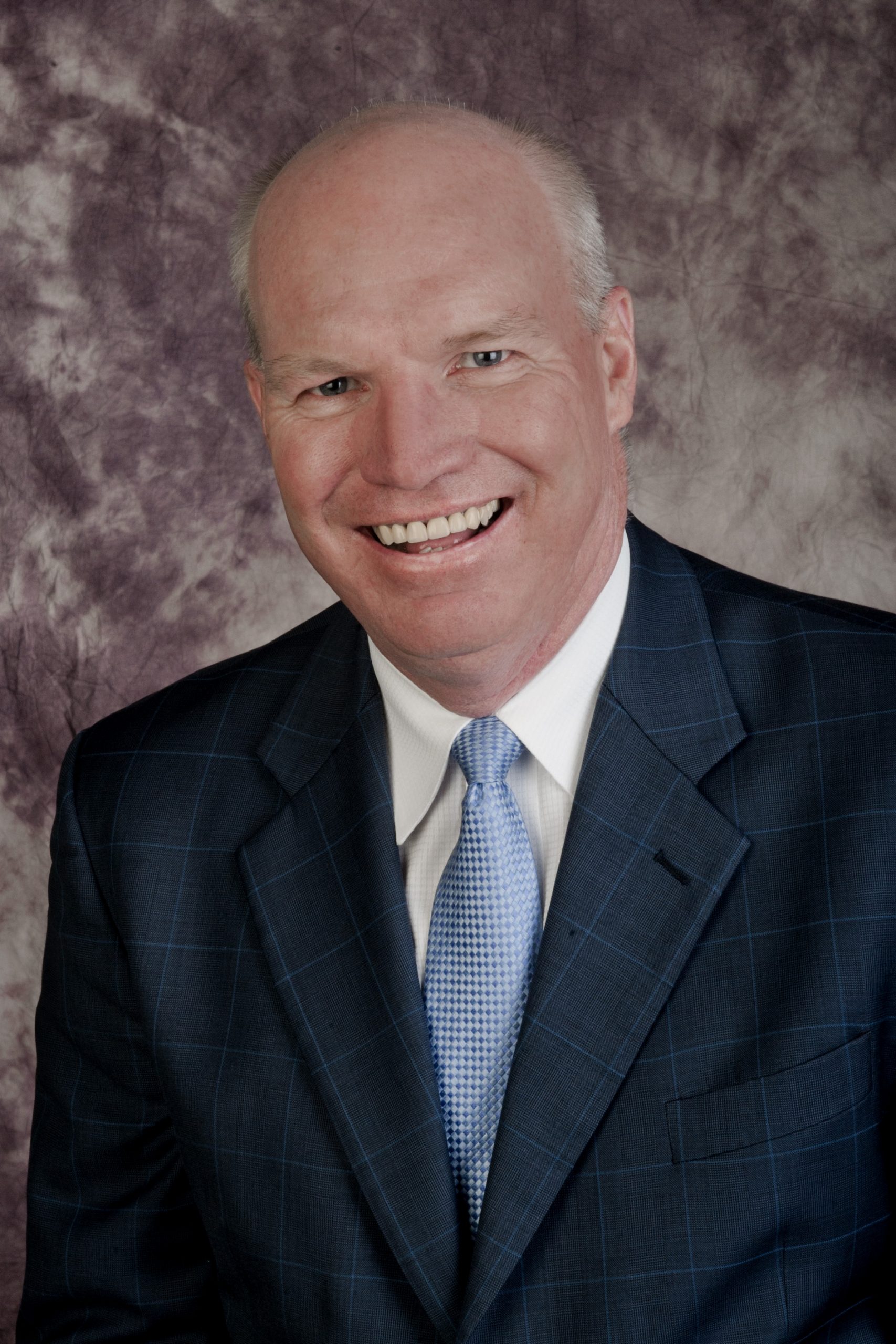 The Pennsylvania Licensed Beverage and Tavern Association sat down with Tim Holden recently to learn more about him and his goals at the Pennsylvania Liquor Control Board. Holden was nominated to the Pennsylvania Liquor Control Board by Gov. Tom Corbett on June 14, 2013. He was named Chairman of the PLCB by Gov. Tom Wolf on Feb. 17, 2015. Prior to his appointment to the PLCB, Holden was the US Congressman for Central Pennsylvania’s 17th congressional district from 1993 to 2013, and before that, Sheriff of Schuylkill County. He is a resident of St. Clair, near Pottsville, and a graduate of Bloomsburg University.
The Pennsylvania Licensed Beverage and Tavern Association sat down with Tim Holden recently to learn more about him and his goals at the Pennsylvania Liquor Control Board. Holden was nominated to the Pennsylvania Liquor Control Board by Gov. Tom Corbett on June 14, 2013. He was named Chairman of the PLCB by Gov. Tom Wolf on Feb. 17, 2015. Prior to his appointment to the PLCB, Holden was the US Congressman for Central Pennsylvania’s 17th congressional district from 1993 to 2013, and before that, Sheriff of Schuylkill County. He is a resident of St. Clair, near Pottsville, and a graduate of Bloomsburg University.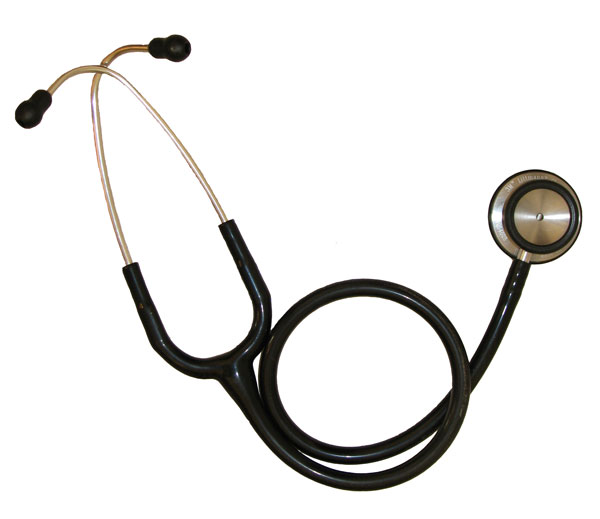 Nationally, the top four health issues for employees are all preventable or treatable, but it’s important for tavern owners and their employees to have access to primary care to stay healthy and on the job.
Nationally, the top four health issues for employees are all preventable or treatable, but it’s important for tavern owners and their employees to have access to primary care to stay healthy and on the job.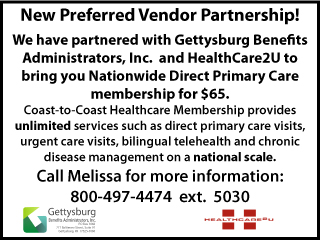
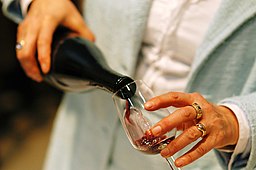


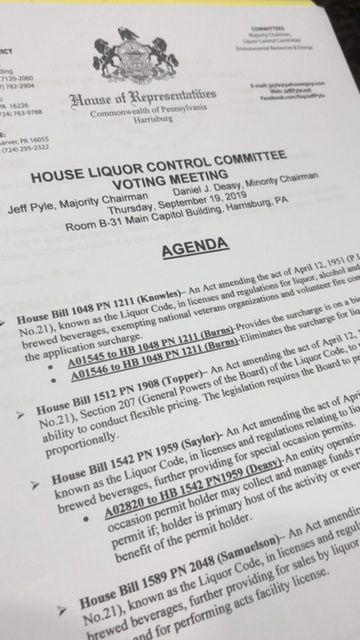 The Pennsylvania House Liquor Control Committee moved HB 1512 with a 15-10 vote down party lines at a voting meeting held on September 19.
The Pennsylvania House Liquor Control Committee moved HB 1512 with a 15-10 vote down party lines at a voting meeting held on September 19.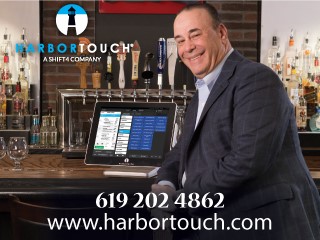


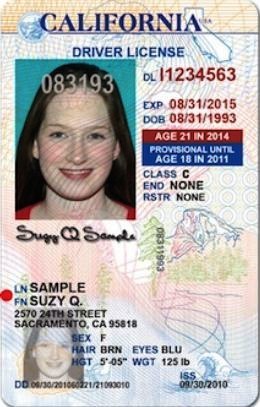 Back to school means it’s fake ID time too!
Back to school means it’s fake ID time too! This auction includes one license in each of the following 25 counties: Allegheny, Beaver, Berks, Blair, Clearfield, Dauphin, Delaware, Erie, Forest, Huntingdon, Lackawanna, Lawrence, Lebanon, Luzerne, Lycoming, McKean, Montgomery, Northampton, Northumberland, Philadelphia, Pike, Somerset, Warren, Wayne, and Westmoreland.
This auction includes one license in each of the following 25 counties: Allegheny, Beaver, Berks, Blair, Clearfield, Dauphin, Delaware, Erie, Forest, Huntingdon, Lackawanna, Lawrence, Lebanon, Luzerne, Lycoming, McKean, Montgomery, Northampton, Northumberland, Philadelphia, Pike, Somerset, Warren, Wayne, and Westmoreland.